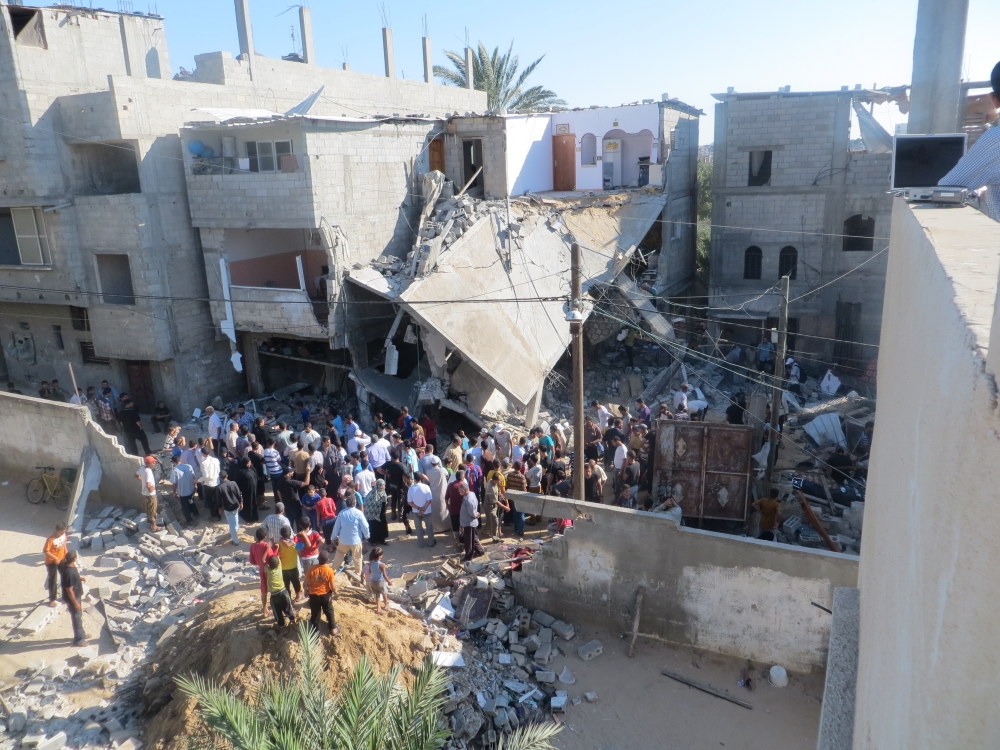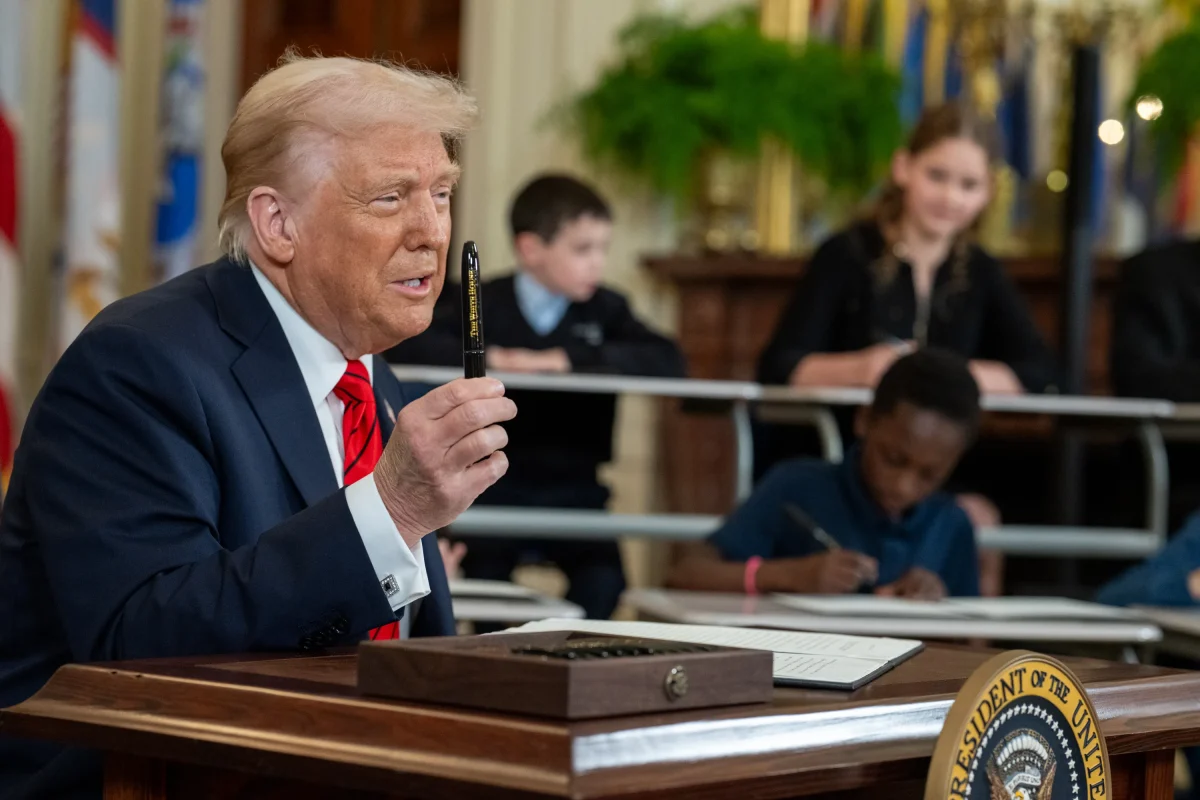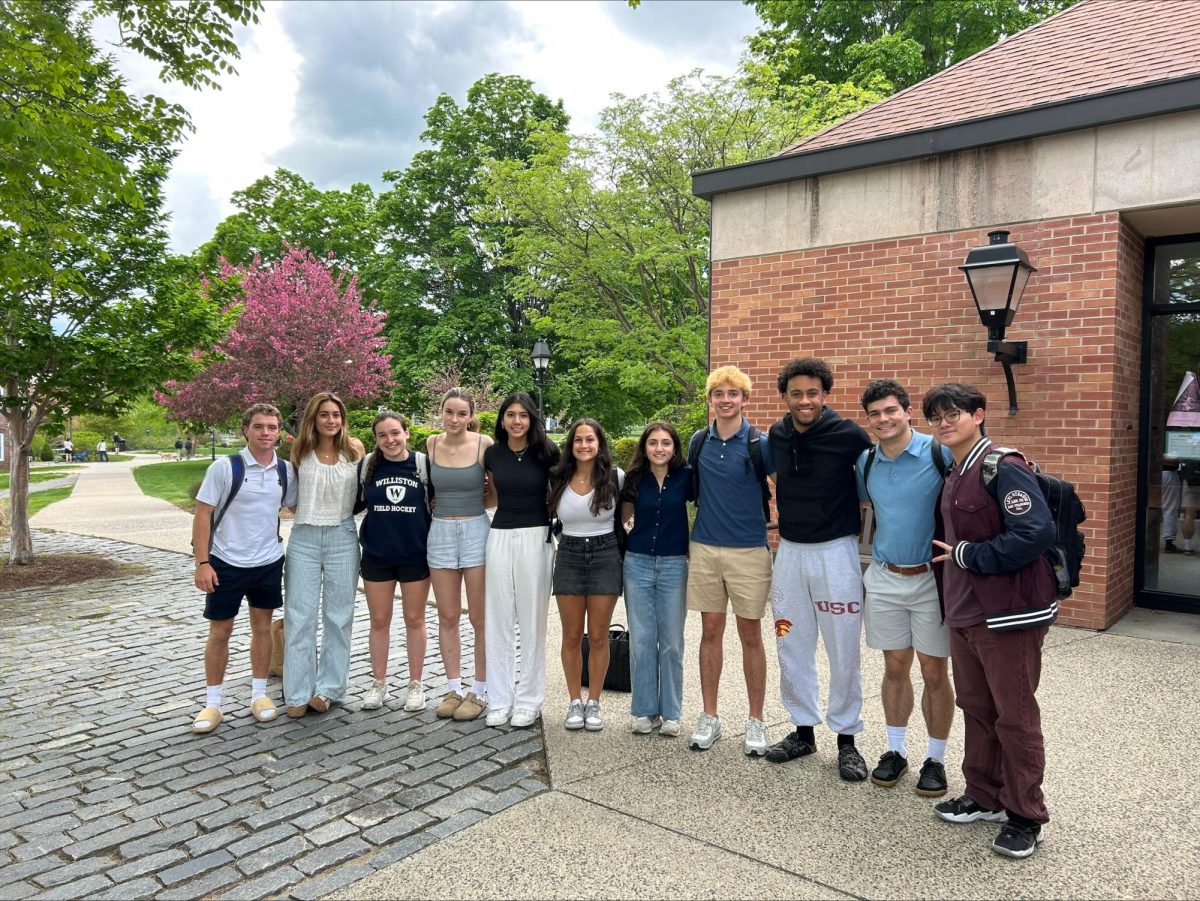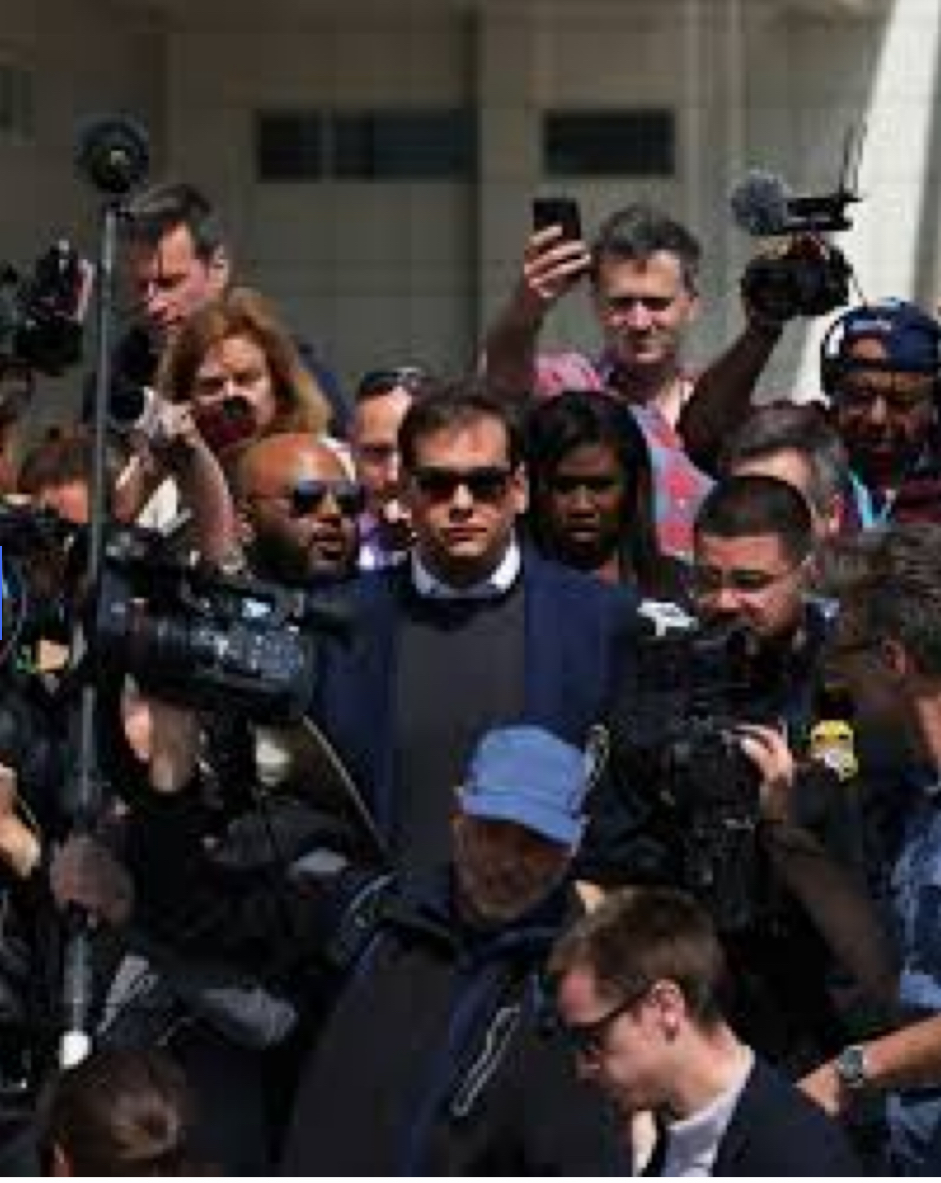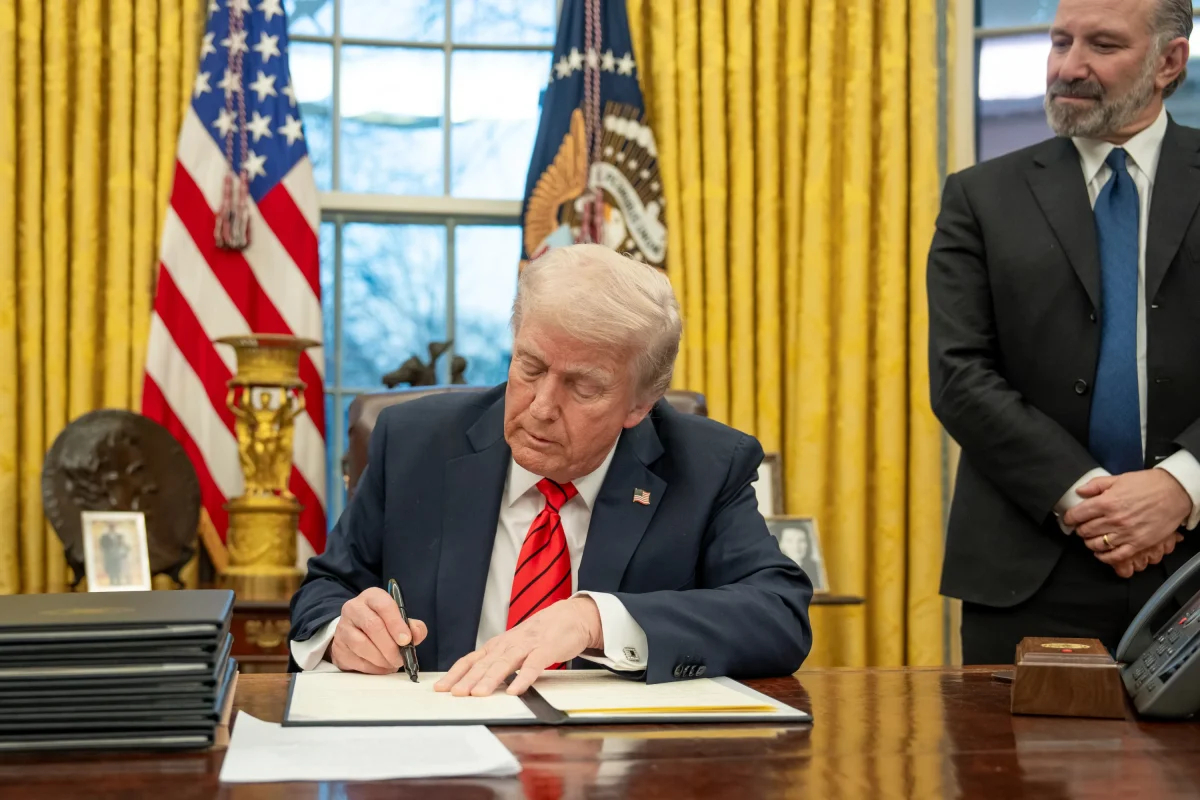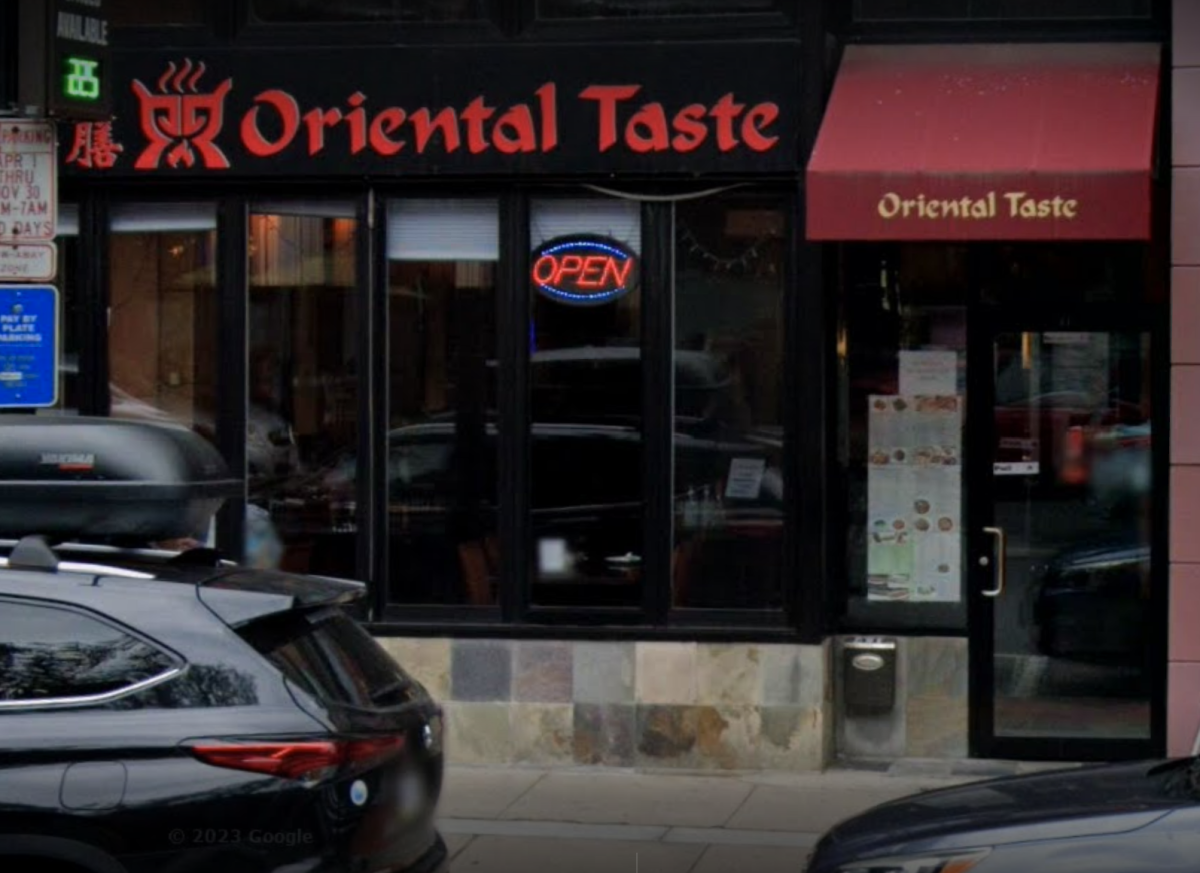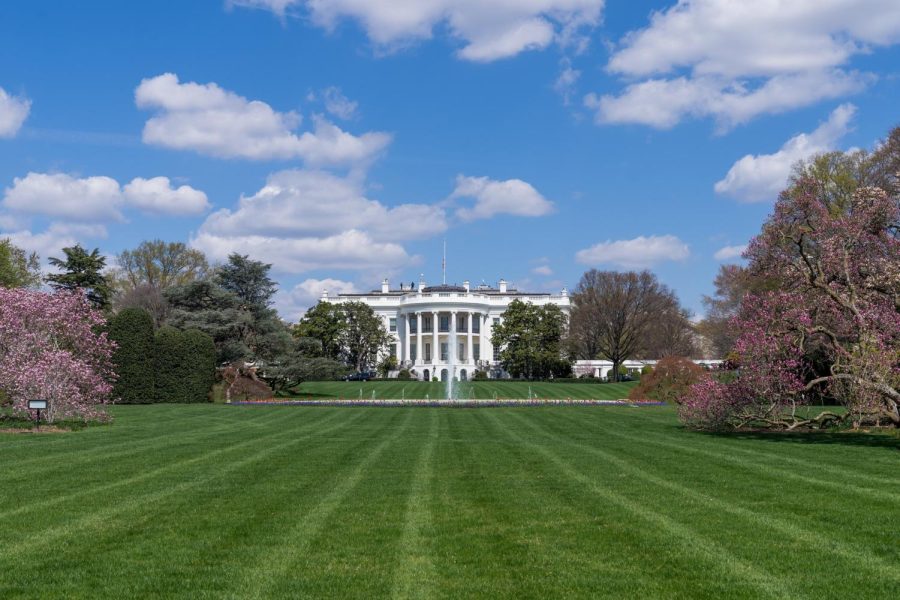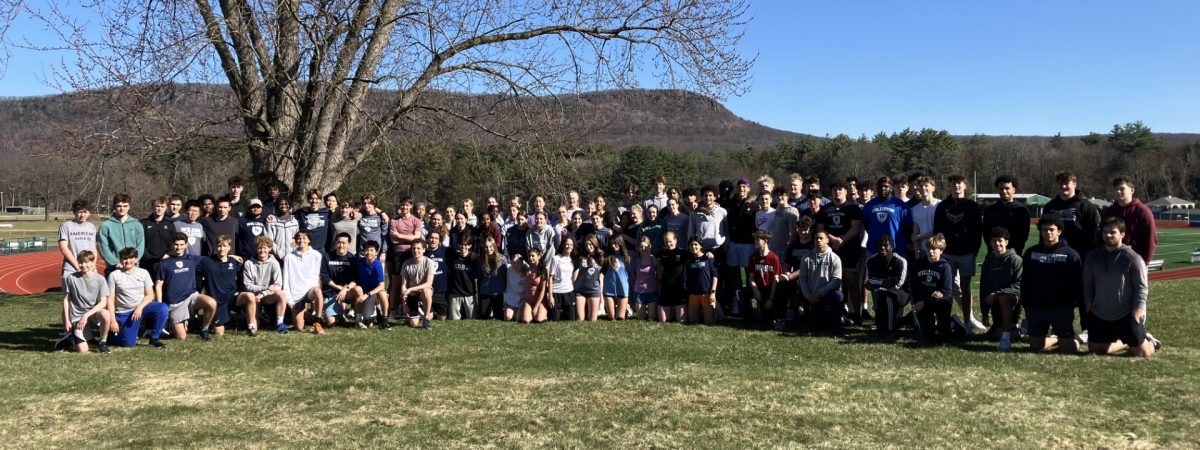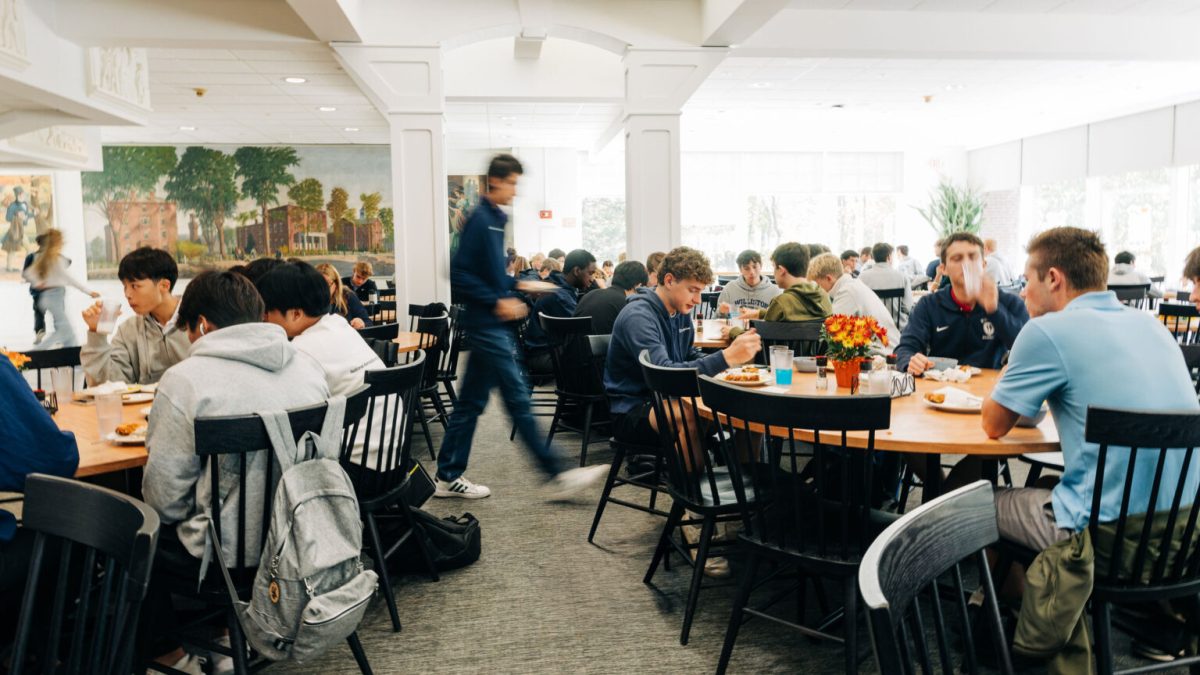Since Hamas began its attack on Israel some weeks ago, countless Israeli citizens—as well as some Americans—have been held hostage, with family members often not knowing their whereabouts.
On Friday, October 6, the Palestinian militant group Hamas stormed Israel villages from the blockaded Gaza strip, killing hundreds and kidnapping others, including the many who have been held hostage and remain unaccounted for.
While no one anticipated the attacks on Israeli soil by the Palestinian militant group, they did come during an especially tender time for Jewish communities in Israel.
The early-morning strikes coincided with Simchat Torah, coming toward the end of the weeklong Jewish festival of Sukkot, which is also known as the Feast of the Tabernacles and is a time of autumnal thanksgiving.
This timing, marking an important time for Jewish communities, has deepened the pain the recent attacks have caused.
The recent attacks have also reopened a decades and even centuries-long conflict within the Middle East, deepening a divide between nations and heightening tension around the world.
The conflict between Israel and Palestine dates back to the nineteenth century. In 1947, the United Nations adopted a resolution, known as the Partition Plan, which sought to divide the British Mandate of Palestine into Jewish states, according to the Council on Foreign Relations.
On May 14, 1948, the state of Israel was created, sparking one of the first major Arab-Israeli conflicts. While the war ended with an Israeli victory in 1949, nearly a million Palestinians were displaced as a result, beginning a decades-long conflict between Israelis, who claim a birthright to their land, and Palestinians, who similarly believe they have lost their homeland due to Israeli expansion.
Since the war broke out family members of those still held hostage have spoken out, with some receiving support from the U.S. government in identifying the whereabouts of their family members.
Saray Cohen, an Israeli citizen and the aunt of Natalie and Judith Raanan, who were both held hostage by Hamas, says she and family members of others hostages are doing everything they can to get an update on the conditions of their loved ones.
We’re doing everything in our power just to have a sign of life from them,” Cohen told CNN. “We’re devastated. We want to know that they’re alive.”
While Cohen understands the plight of Palestinians in Gaza, she sees the recent actions of Hamas as terrorism.
“I have a lot of sympathy for the civilians in the Gaza Strip,” she explained. “However, terrorists in the Gaza Strip are exactly like ISIS. And I feel like our side should be told.”
The American and Israeli governments have worked alongside family members of those held hostage, with President Biden speaking with the family of the Raanan sisters after they were reported missing.
Cohen is glad that officials are willing to assist in the process of getting hostages released, but wishes they would do more.
“We are working with the American authorities and Israeli authorities, but it’s been seven days now that we know nothing about them,” Cohen said.
Since the war began in early October Biden has taken a very vocal stance on it, pledging continued American support for Israel and condemning the actions of Hamas.
“There are moments in this life when pure unadulterated evil is unleashed on this world,” Biden said while addressing the initial weekend violence of Oct 7. “The people of Israel lived through one such moment this weekend–The bloody hands of the terrorist organization Hamas, a group whose stated purpose for being is to kill Jews. This was an act of sheer evil.”
Jack Berrien, a Williston junior who is also Jewish, tells The Willistonian that the recent attacks hit close to home for him and other Jewish people in the United States.
“It’s devastating, honestly,” Jack said. “Even if I don’t have any family members specifically who are involved in the conflict, I know people whose families are there. There’s just a lot of connections I have to Israel as a Jewish person.”
The lack of responses from some organizations in the U.S. has angered people on both sides of the conflict. On the Israeli side, some believe people could do more to explicitly condemn Hamas’ attack.
“It’s made me feel very sad and angry, not only at the attackers but at the lack of responses by a lot of organizations and a lack of people who are condemning it,” Jack said.
Many have criticized Israel’s actions since this recent conflict began and long before. Some see Israel’s expansionist policies as oppressive and blame Israel for provoking conflict between Middle Eastern States.
Jack believes that people and organizations in the U.S. still have a moral obligation to condemn the more recent actions by Hamas, even if they do not support Israel’s policies or values historically.
“It’s important that they [recognize] this was a terrorist attack because it was, and even if you’re not necessarily saying, ‘Israel has been correct in their governance and their decisions in the past,’ you have to support the Jewish community,” Jack told the Willistonian. “Because for a long time we’ve been ostracized and isolated.”
Like many in the Jewish community in the United States, Jack worries about a rise in antisemitic rhetoric amidst the recent conflict.
“I’m very much worried about that,” he said. “Especially on social media—there’s a lot of antisemitism I’ve seen online. So it definitely worries me that it could lead to a lot more discrimination, since we know there’s been a lot more attacks on Jewish gatherings recently,” he explained.
Jack believes it is important for organizations like Williston to show their solidarity with those suffering in the Middle East.
“If you don’t take a stand then that’s a big deal,” Jack said. Because not only could people be going through things, but it’s unequal treatment. So it’s important for places like Williston to have an obvious message that they stand with people and are available to support anyone who has relatives or close friends if they’re struggling,” he said.
According to the school’s student-led DEIB Advisory Board, the school plans to make a statement addressing the recent conflict and hopes to provide resources for those who may need support in light of the events.



